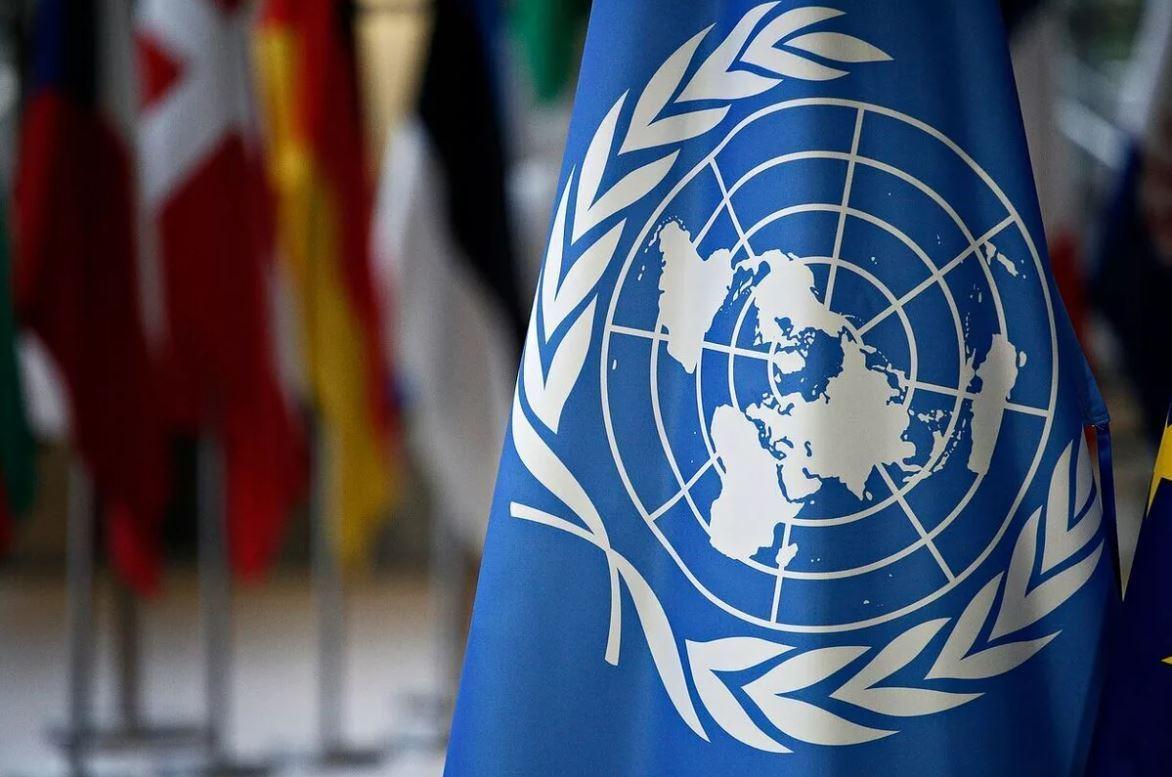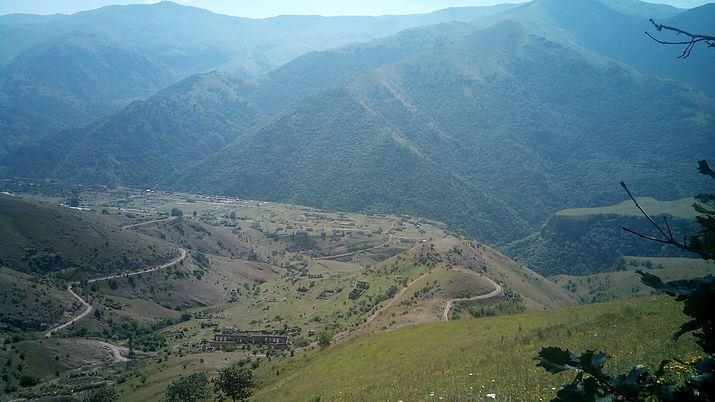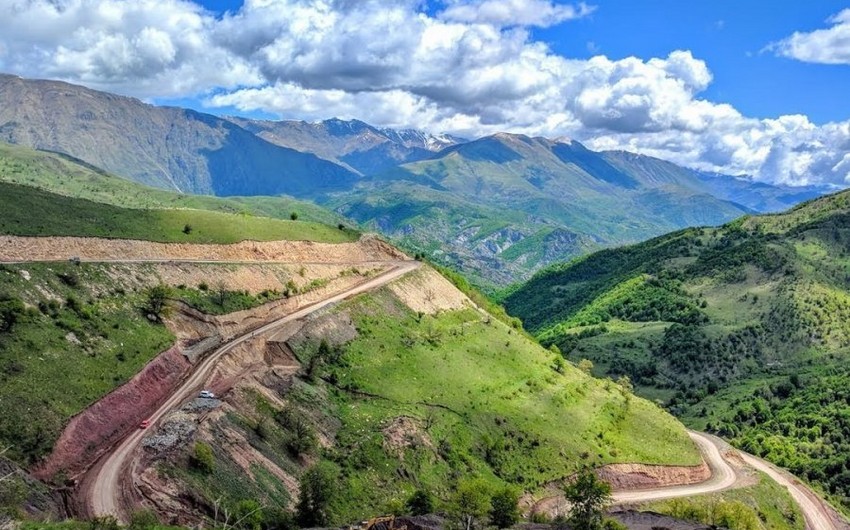Clinton Digital Library, a presidential library of Bill Clinton, the 42nd President of the United States, has recently declassified and published some documents on the Armenian-Azerbaijani Nagorno-Karabakh conflict.
The records revealing several facts covering the period from January 1993 to May 1994 are noteworthy, Report says.
Turkish-Armenian relations
In one of the letters, in January 1993, Armenian President Ter-Petrosyan talked about his requests from Turkish Prime Minister S. Demirel for wheat deliveries and Turkey's help with electricity. Despite the fact, Petrosyan complained about Turkey's position in the negotiations on the conflict's settlement.
Also, the Turkish side raises the issue of Armenia's attack on Kalbajar. It is highlighted that some 60,000 persons were encircled and faced with the threat of a massacre in the Azerbaijani territory. This new Armenian offensive indicated an overt Russian supporting role. The attack would be a "blow to the Geneva process" and constituted "sabotage" of the diplomatic efforts underway there. The Turkish diplomat praised the US initiative on a phased evacuation of Lachin and raised the subject of the withdrawal of heavy weapons in Nagorno-Karabakh.

Statement by UN Security Council President on the occupation of Kalbajar
In 1993, the Security Council met in formal session the evening of April 6 to issue a presidential statement expressing concern at the deterioration of relations between Armenia and Azerbaijan, especially the invasion of the Kalbajar district by local Armenian forces, says the document.
"In earlier informal consultations, council members spent considerable time reaching agreement on the first paragraph of the statement. French Ambassador Jean-Bernard Mérimée asserted that the language being suggested by, to the point, the US, was too specific because of the limited information council members had about the situation. He also took issue with employing chapter VII language, suggesting instead, a chapter VI formulation," it says.
US ambassador to the UN Madeleine Albright intervened in the matter. Council members finally agreed to compromise language for the paragraph, including reference to an invasion by "local Armenian forces."
It shows that the Security Council intended to state more unequivocally that Armenia was responsible for the occupation. Due to the pro-Armenian stance of some states, the statement included the term "local Armenian forces" and Armenia, an aggressor, was able to evade mandatory measures against it under Chapter VII of the UN Charter.

R.Gaziyev's anti-American views
According to the papers, during a January 29 meeting, an Armenian representative offered an account of comments allegedly made by Azerbaijani minister of defense Rakhim Gaziyev during a meeting of CIS defense ministers.
"The Armenian navy captain subsequently reported that Gaziyev had told the assembled CIS military representatives that "America" is mostly responsible for the break-up of the Soviet Union. He added that the other western powers also share some responsibility with the United States for the current state of affairs in the CIS," according to the document.
Moreover, the Armenian representative complained that Georgia is "very tightly linked" to Azerbaijan, claiming that Georgia intentionally dithered before releasing 40 wagonloads of crude oil to Armenia.


 https://static.report.az/photo/5557c731-6007-485e-b7a3-ad3cbeedaae7.jpg
https://static.report.az/photo/5557c731-6007-485e-b7a3-ad3cbeedaae7.jpg

